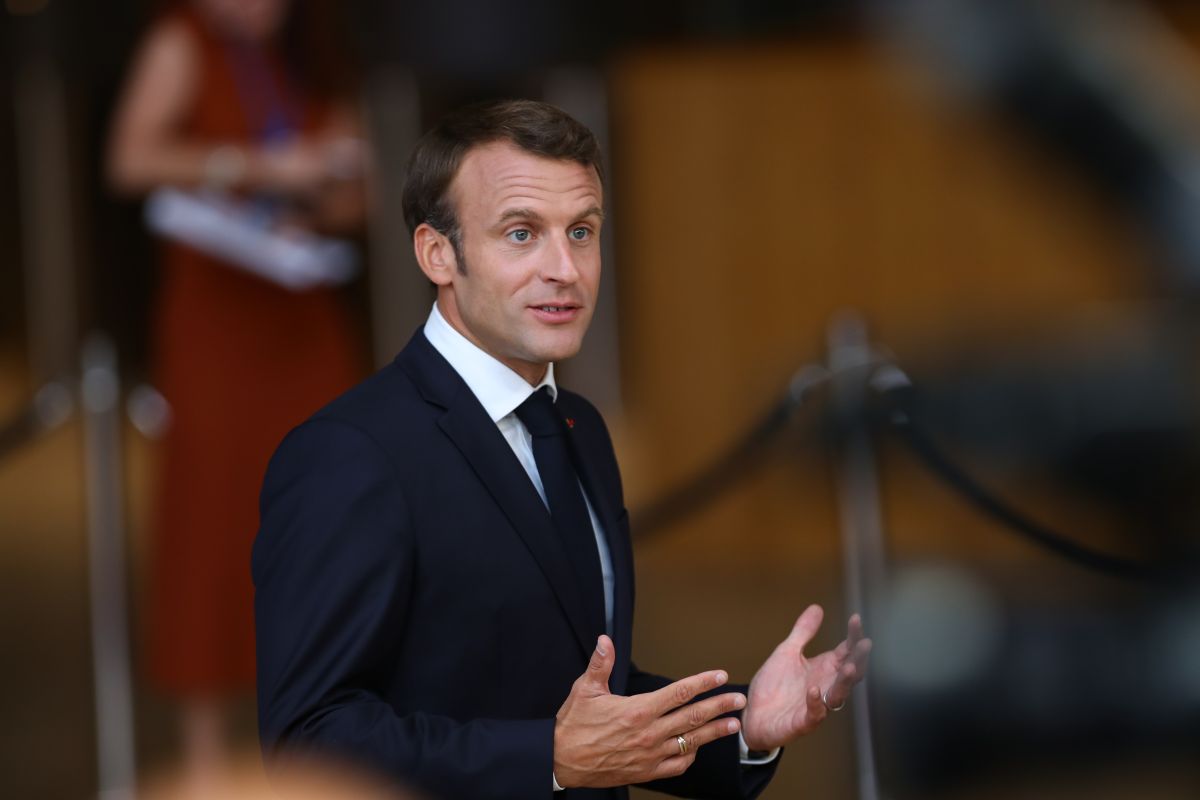French President Emmanuel Macron on Friday warned that European nations “cannot remain spectators” faced with a potential nuclear arms race, urging them to push an “international arms control agenda”.
During his speech laying out France”s post-Brexit strategy for its nuclear arsenal., Macron said, “Europeans must realise collectively that in the absence of a legal framework, they could rapidly face a new race for conventional weapons, even nuclear weapons, on their own soil”.
Advertisement
France had already reduced its number of warheads to under 300, giving France “the legitimacy to demand concrete moves from other nuclear powers toward global disarmament that is gradual, credible and can be verified”, the president added.
“I will focus on the doctrine (of French deterrence), but also on the procedures and modalities that I wish to propose on this topic to our partners in the coming months,” he said on a visit to Warsaw.
France considers nuclear deterrence a keystone of its defence strategy and the ultimate guarantee of its most vital interests.
Macron has already agreed to a costly modernisation of France’s atomic arsenal, arguing in January 2018 that “deterrence is part of our history, part of our defence strategy, and will remain so.”
Macron’s address Friday comes at a time of high global anxiety, marked by rising tension between military powers, a proliferation of regional security crises and the breakdown of international arms control.
Russia and the US last year withdrew from the Soviet-era Intermediate-Range Nuclear Forces (INF) Treaty and blamed one another for its demise.
In 2019, Macron announced that he had approved the creation of a space command within the country’s air force in order to beef up its space defence policy and to better protect its strategic interests.
The 1967 Outer Space Treaty, approved by over 100 countries, bans deploying weapons of mass destruction in outer space and military activities on celestial bodies.
(With inputs from agency)









